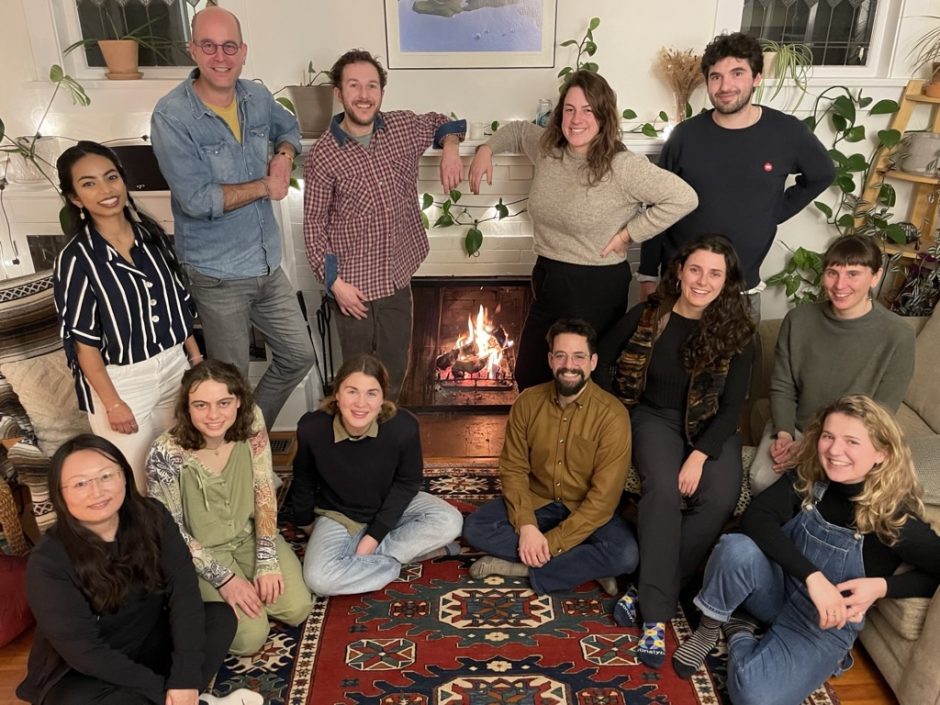

Principal investigator
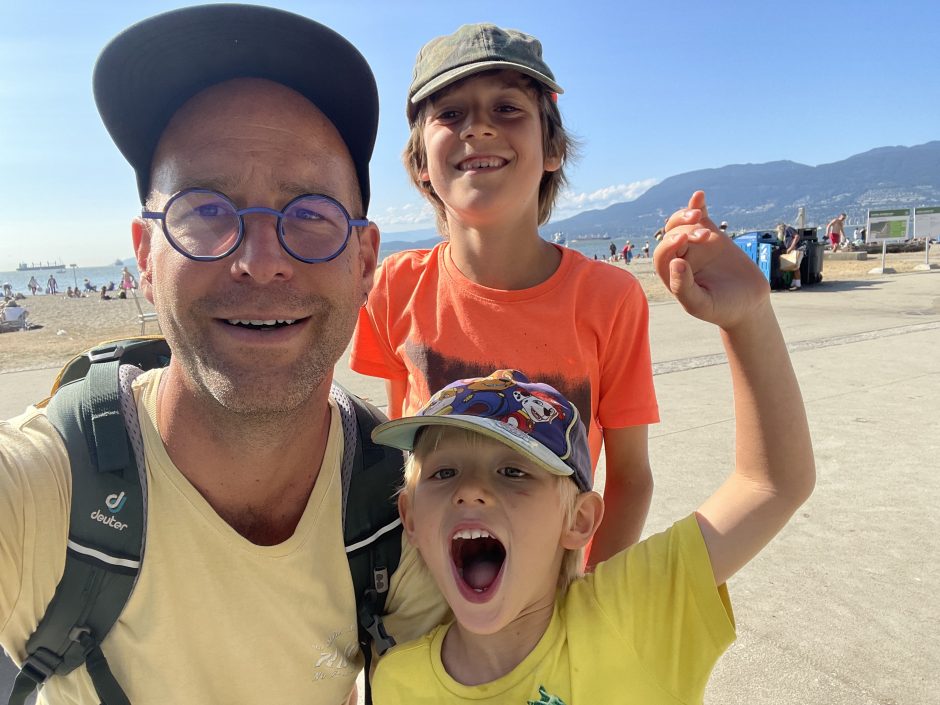
Jean-Thomas Cornelis
Dr. Jean-Thomas (JT) Cornelis, SoilRes3 PI, is pedologist and biogeochemist, Associate Professor in Soil Science at the Faculty of Land and Food Systems, University of British Columbia. JT comes from the University of Liège (Belgium), where he was appointed as an Assistant Professor in Soil Science. He received a PhD from the Earth and Life Institute, Université catholique de Louvain (Belgium) in 2010. His research investigates soil processes controlling biogeochemical cycles of nutrients and how soil-plant feedback interactions respond to environmental changes. His process-based approach focuses on the soil system, which is by nature multi-scale and interdisciplinary. JT takes as an advantage the complexity and diversity of soil processes to teach students the notion of critical thinking and complex thought. Daddy of two little boys, outdoor enthusiast, big fan of surrealism, he loves to brainstorm new ideas.
Postdoctoral researchers
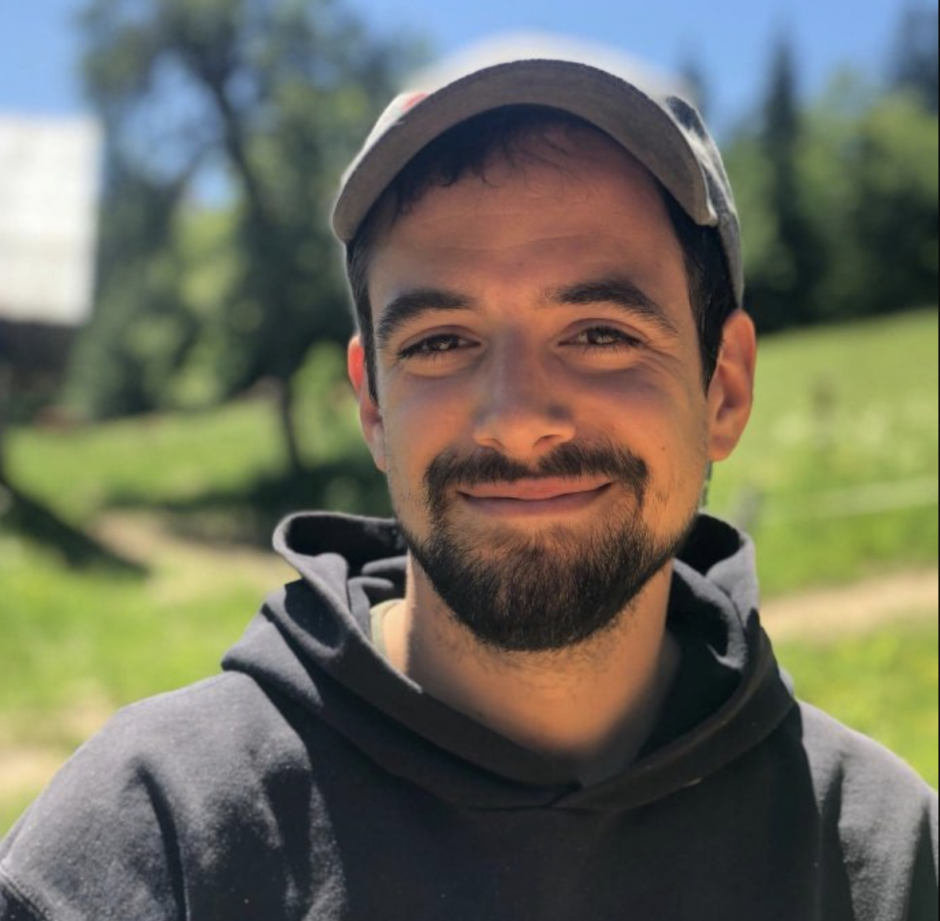
David Lefebvre
Dr. David Lefebvre (Mitacs fellowship; starting date: February 2022) studies the carbon capture potential of using pine-beetle affected wood as biochar feedstock. Thanks to his Mitacs Elevate Postdoctoral Fellowhsip, David aims to combine soil and biomass carbon modeling with a life cycle assessment approach of biochar production to assess the efficacy of the practice throughout British Columbia. He will be collaborating with Brightspot Climate, located in Vancouver. David graduated from the ISIa (Belgium) with a master’s degree in tropical agronomy, followed by two years in Peru with missions in Burkina Faso as biochar specialist. David obtained his PhD in 2021 from Cranfield University (United Kingdom) by exposing the limits and caveats of context-specific greenhouse gas removal technologies through the use of the life cycle assessments methodology.
Co-supervised by Dr. Tony Bi, UBC Chemical and Biological Engineering.
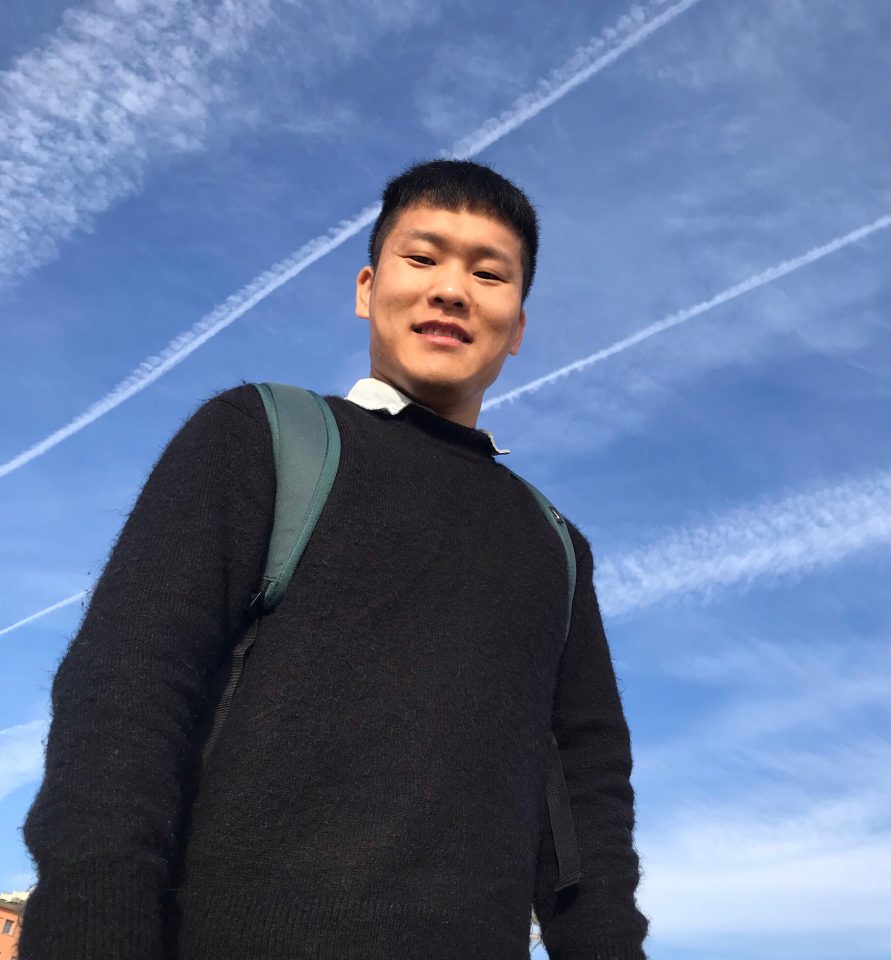
Chaoqun Wang
Dr. Chaoqun Wang (Killam Postdoctoral Research Fellowship; starting date: April 2023). His research, funded by BC Genome and IAF, is directed towards characterizing groot traits and associated bioweathering processes under contrasting soil physicochemical conditions. The project relates metabolomics and genomics analyses with changes in nutrient availability and carbon storage in soils, together with microbial composition and diversity in rhizosphere. Chaoqun obtained his PhD in September 2022 from University of Göttingen (Germany).

Dr. De Shorn Bramble (Mitacs fellowship; starting September 2025) is a biogeochemist with a particular interest in soil carbon cycling. His research explores how soil carbon dynamics are affected by land use, land management, and other global change stressors, with the aim of enhancing our understanding of the capacity of soils to mitigate climate change in a rapidly changing world. He obtained his PhD in 2025 from the International Max Planck Research School for Global Biogeochemical Cycles and the Friedrich Schiller University in Jena, Germany, where he investigated the role of land use and mineral composition in the formation and stabilization of mineral-associated organic matter. In SoilRes3 Lab De Shorn will investigate in collaboration with BC Dairy and Ministry of Agriculture the potential ecological benefits to use manure-charged biochar as a soil amendment to close nutrient circularity while improving soil properties
PhD candidates

Alyssa Robinson
Alyssa Robinson (NSERC funded; starting date: January 2023) is a PhD student studying the effects of traditional Indigenous forest management practices such as forest gardening on soil organic carbon dynamics and related soil properties. She became interested in this topic after studying the effects of climate change and industrial forest harvesting on the forest carbon budget in British Columbia during her undergraduate honors thesis. With her research, Alyssa hopes to contribute to revitalizing traditional Indigenous practices while simultaneously combatting climate change by restoring carbon-rich and resilient ecosystems.
Co-supervised by Dr. Chelsey Armstrong, Simon Fraser University, Indigenous Studies, HER lab (https://www.chelseygeralda.com/).
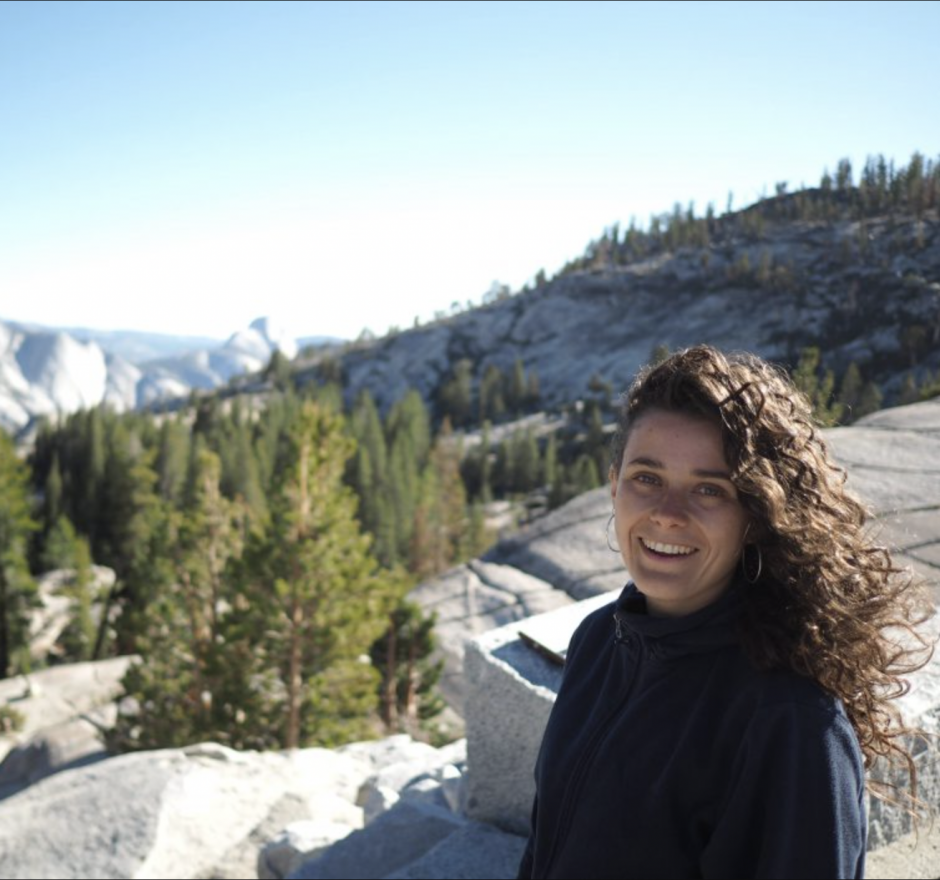
Sasha Pollet
Sasha Pollet (WBI.world scholarship; starting date: September 2022) is a PhD student in Soil Science at the faculty of Land and Food system, University of British Columbia. In the SoilRes3 Lab, and under the co-supervision of Dr. Guillaume Lobet ( UCLouvain, Earth and Life Institute – Agronomy, Belgium), Sasha will be studying how the pedological context and P fertilization gradient impact the production and quality of root exudates, as well as their roles in acquiring nutrients and storing carbon in the soil. Sasha graduated with an M.Sc in Environmental Science and Technology from the University of Liege (Belgium).
Through her research, Sasha wants to deepen the understanding of soil-root-plant interactions for nutrient acquisition strategy in complex soil conditions and contribute to developping an integrative research approach that can be scaled up to help boost crop yield through lower fertilizer use that limits environmental damages associated with P fertilizer use.

Harini Aiyer
Harini Aiyer is doing a Ph.D. in Soil Science at the University of British Colombia, Faculty of Land and Food Systems, collaborating with Agriculture Agri-Food Canada (AAFC -Agassiz, BC; under the co-supervision of Dr. Luke Bainard; starting date: January 2022). She will be studying the impacts of cattle grazing management practices on the soil microbiome and its effects on carbon sequestration. Harini graduated with an M.Sc in Agriculture from Dalhousie University (Nova Scotia, Canada). Her M.Sc project (at AAFC-Charlottetown, PEI) focused on the effects of cover crops on associated soil fungal and bacterial communities and the carryover impact on root disease caused by soil-borne Fusarium species. Her research interests are to better understand the effects of anthropogenic activities on soil microbial communities and to aid in the development of sustainable land management strategies with a focus on climate change mitigation.
MSc students

Kristen Pundyk
Kristen Pundyk has been a research assistant in SoilRes3 lab since September 2023 (EcoCanada funded). She completed her undergraduate degree in Environmental Chemistry and Food Systems at Middlebury College in Vermont. These two interests ultimately led her to the soil, and then to UBC to start a MSc in the SoilRes3 lab. Kristen is excited about soil remediation, agroecology, and the capacity that soil has to support climate change mitigation. She will contribute to the RISE project by co-researching with Kitselas and Sik-e-Dakh communities on the reintroduction of Indigenous soil amendments. She loves to bake sourdough, go hiking, and jump in any body of water she can find.
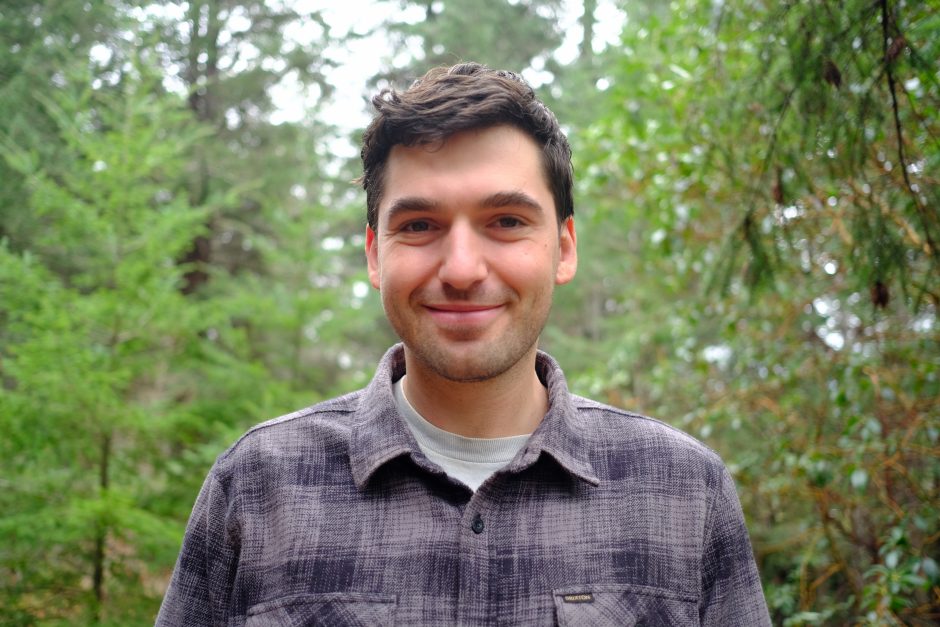
Oliver Heath
Oliver Heath (NSERC funded; starting date: January 2022) is an alumnus of the University of Victoria undergraduate chemistry program who is beginning his master’s of soil science at UBC. He plans to study the role forestry plays in the disturbance of below-ground carbon sinks. This project will be done in collaboration with the UBC Faculty of Forestry and the Mother Tree Project. Oliver hopes that his research in SoilRes3 Lab can be used to prevent environmental damage that could lead to an acceleration of climate change. His previous study interests included synthetic and analytical organic chemistry and sedimentary geoscience.

Kaya Fraser
Kaya is an MSc student (MITACS funded, beginning May 2025) studying how traditional land stewardship and industrial activities influence soils and forest ecology in the Kwiakah First Nation’s ancestral territory. Kaya has a background in Environmental Technology, Biology, and GIS. Working in partnership with others in the Kwiakah research cluster, her research aims to use GIS and remote sensing techniques to bring together different soil and ecological variables to paint a picture of the current ecology on the territory, and how that ecology might be influenced by historical land uses. Kaya hopes that by leveraging GIS technology she can offer tools that support the Kwiakah Nation’s ongoing stewardship efforts

Karyna Howell
Karyna Howell is a Master’s student and Fulbright scholar studying how drought affects root exudation and the flow of nutrients from soil to plant. After graduating in 2021 from Brigham Young University with a B.S. in Biochemistry, Karyna fell in love with soil when she went to farm with Alaska Pacific University on their organic vegetable farm. Her work on the farm demonstrated that understanding the complex interactions between soils, ecosystems, food systems, and local communities is integral to making sustainable changes which inspired her to join the SoilRes3 lab.
Co-supervised by Dr. Thorsten Knipfer, UBC Land and Food Systems.

Marium Ahmed
Marium Ahmed (UBC Funded, GSI Funded, pending NSERC funding; starting date: September 2023) is a recent graduate from UBC who aims to use her BA in Environment and Sustainability and BSc in Geological Sciences to investigate the isotopic geochemistry of Indigenous agricultural practices on soil nutrient cycles in forest garden systems as she pursues her MSc. in Soil Sciences. They hope this research could be used to help Indigenous groups establish their longstanding residential history on that land. In their free time, you can find Marium cutting strips of KT tape to put on her extra ribs, playing double or electric bass, hugging the nearest “huggable” animal, and/or making her own tea blends!
Co-supervised by Dr. Dominique Weis, UBC PCIGR.

Amy Wells
Amy Wells is a Master’s Student planning to study the effects of regenerative forest management on soil silica pools in partnership with the Kwiakah First Nation. Amy graduated from the UBC Sustainable Agriculture and Environment Program in May 2024 with some work done on how the UBC Farm benefited from a long-term student generated soil data set. That work has helped foster an interest in soil education, and Amy hopes to explore new methods for sharing soil science, and its research, with community partners, and students in the hope of inspiring others to learn more about soil.
Co-supervised by Dr. Maja Krzic, UBC Land and Food Systems

Stewart Fuoco
Stewart is a Master of Science student at the University of British Columbia, affiliated with Agriculture and Agri-Food Canada (AAFC), researching the responses of microbial communities to invasive weed pressure in grazed and ungrazed grasslands in British Columbia. His journey in soil science began during his undergraduate studies in agricultural science at the University of the Fraser Valley in 2021. From that first lesson, he knew that despite the allure of other agricultural disciplines, soil was where his heart belonged. Through his current work, Stewart aims to uncover the structural and functional responses of microbial communities in B.C.’s rangeland cropping systems and to possibly shed some light on the future potential of carbon stabilization and emissions in temperate grazing systems.
Co-supervised under Dr. J.T. Cornelis (UBC) and Dr. Luke Bainard (AAFC)
Research Assistants

Kylee Smith
Kylee Smith is a fifth-year student in the Global Resource Systems Program at UBC, specializing in Agricultural Sciences and European studies. A proud Ojibway-Oneida Indigenous woman from Ontario, Kylee combines traditional teachings with a strong foundation in Western science, driving her passion for natural sciences, especially plant ecology and soil science. Her academic journey has taken her from roles as a Teaching Assistant and Laboratory Research Assistant in UBC Forestry to contributing to the Mother Tree Project as a Project Laboratory Assistant.
Kylee’s research interests focus on Soil Sciences, Ecological Restoration, and the evolving field of Regenerative Agriculture. Recently, she has volunteered as a social media volunteer with the Pacific Regional Society of Soil Science (PRSSS) and as a research intern at both the Society for Ecological Restoration and the Sahtu Renewable Resource Board. In her current role as a Research Assistant for the SoilRes3 Lab, Kylee takes on a “mycelium” role – offering assistance in both the logistical and research sides.
Outside of her academic and research pursuits, Kylee enjoys hiking, film photography, and horror, and is always ready for new adventures and experiences.
Undergraduate students

John Austenfeld
John Austenfeld is completing his final year of an applied biology degree at UBC specializing in sustainable agriculture and environment. In the past, he has participated in agricultural research focused on organic & low input farming, and research involving the development of RNAi based pest control measures against the Colorado Potato Beetle. His interest in soil science led him to begin volunteering in the lab in 2024, assisting with root imaging of hazelnut samples. He is passionate about the outdoors, and in his free time loves skiing, hiking, and camping.
Lab alumni

Jack Edgar
Jack Edgar (NSERC funded) has completed his MSc in Land and Water Systems, a program also in the LFS faculty at UBC. For his major project for the program, he has investigated novel uses of biochar in the lower Fraser Valley through a literature review and feasibility analysis. For the last three years, Jack has been farming with an emphasis on market gardening. Jack’s passion for soil and agriculture stemmed from concerns about water resources conservation which eventually lead him to Earth’s sponge, the soil.
He finds optimism in the future from regenerative agriculture as a way to rebuild soil and communities.
In the SoilRes3 Lab, Jack has been the Research Lab Coordinator/mycelium from September 2022 to January 2025, providing complex technical support to multiple projects among which
Climate-smart soil-root interactions project which aims to optimize root activity to increase soil carbon sequestration, nutrient acquisition and ecosystem resiliency.
the Forest2Farm project, which aims to investigate the potential of recycling forest waste biomass to be used as soil amendment in agricultural settings.

Morgan Hamilton
Morgan Hamilton (IAF & UBC funded; graduated in May 2024) was a Master’s student studying the role that biochar can play in strengthening local agricultural landscapes in the face of climate change. Her research examined the effect of low biochar application rates on water and nutrient dynamics in coarse-textured soils. Morgan graduated from the University of British Columbia with a BSc in Global Resource Systems and a focus on Food Systems in North America. Morgan is interested in soil remediation, how soils can support climate change mitigation, and all things food systems-related. Morgan is grateful to live and study on the traditional and unceded territory of the Musqueam, Stó:lō, Squamish, and Tsleil-Waututh nations.
Co-supervised by Dr. Maja Krzic, UBC Land and Food Systems.

Mary Clare Kendrick
Mary Clare Kendrick is a fourth-year biology student with a diploma in culinary arts. For ten years she worked as a chef at a variety of establishments from fine dining to television. After leaving the kitchen, Mary Clare started a small-scale farm in the Kootenays producing a diverse selection of vegetables in addition to raising rabbits and chickens. Both these led to her current interest in soil management and agroecology. In her spare time, she loves to play music, go hiking and get together with friends.
In the SoilRes3 Lab, Mary Clare’s work was directed towards the study of soil-root interactions.

Fiona Farag
Fiona Farag is a fourth-year forestry student studying the conservation of natural resources. She is passionate about agriculture and wearing overalls, working in an orchard last summer further ignited her passion for soil. Fiona is an outdoor enthusiast, in her spare time she loves to climb, snowboard, and swim at the beach.
She joined the SoilRes3 lab in 2023 as a WorkLearn student and was working on soil-root interactions and forest garden soils.

Myriam Kains
Myriam Kains is a visiting MSc student in Environmental Science and Technology from the University of Liege (Belgium). As part of her MSc thesis, she will study the effects of applying a gradient of biochar application rates on wheat yield and micronutrient cycling in coarse-textured soil. Through her research, Myriam aims to understand how slurry-activated biochar can influence the dynamics of micronutrients in soils and their accumulation in plants. Thanks to her interdisciplinary grad studies, biochar and soil science have become one of her many interests along with construction science and marine biology.
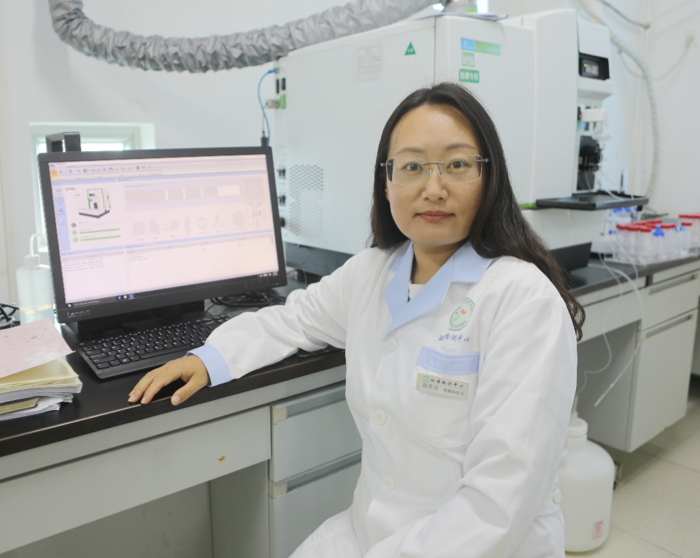
Beibei Liu
Dr. Beibei Liu Associate professor at the Institute of Environmental and Plant Protection, Chinese Academy of Tropical Agricultural Sciences. She received her PhD at Xiamen University (China) in 2011. She studies the chemistry of trace elements in soils (Cd, Pb, As) of tropical agroecosystems and organic pollutants (like PAHs and microplastics) in mangroves. Her recent studies focus on investigating the biogeochemical processes in Earth Critical Zone critical elements (like iron, phosphorus, etc.) by targeting processes in the rhizosphere; and their potential controls on soil C dynamics and acquisition of nutrients. Dr. Liu is a Visiting Scholar in SoilRes3 Lab till August 2023
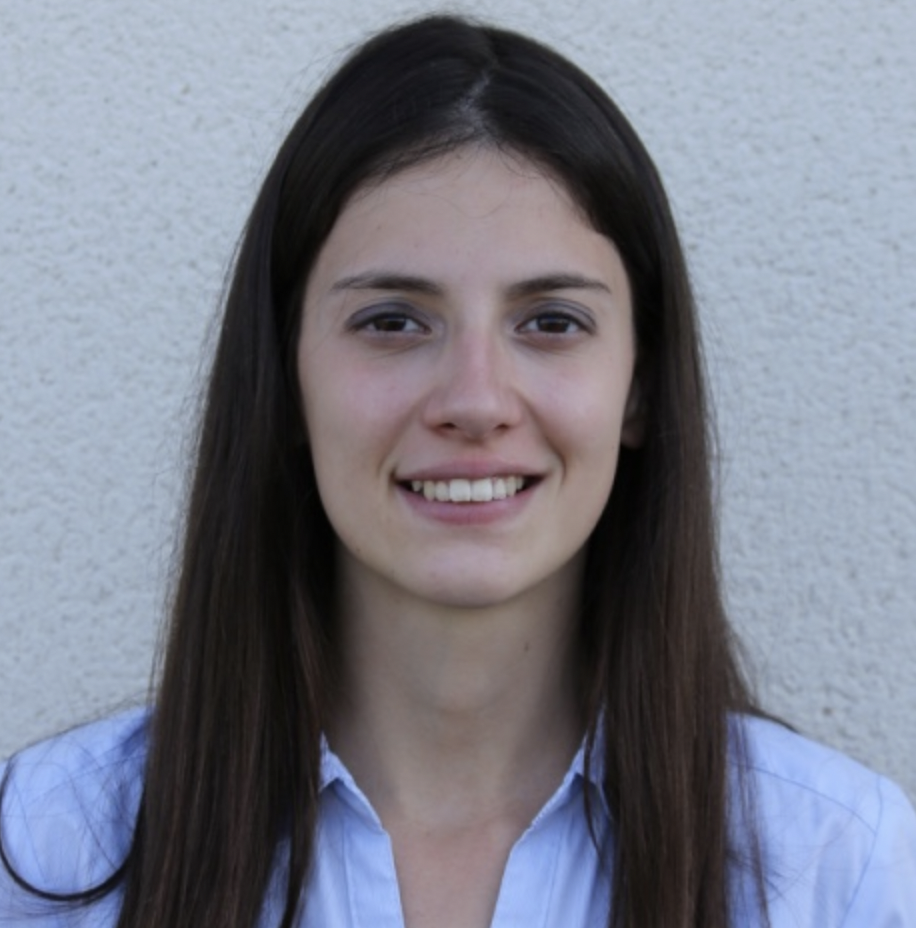
Félicie Goudot
Félicie GOUDOT (ULiège-Belgium & ISA-Lille, Yncréa-France, SPW-Belgium. funded; starting date: October 2019) studies the interactive effects of plant growth rhizobacteria and their secondary metabolites (siderophore) on the mobilization of poorly accessible phosphorus forms in soils. The interdisciplinary approach between geochemistry and microbiology applied to a soil-wheat model will contribute to develop new solutions for a sustainable use of inherited phosphorus from soils.
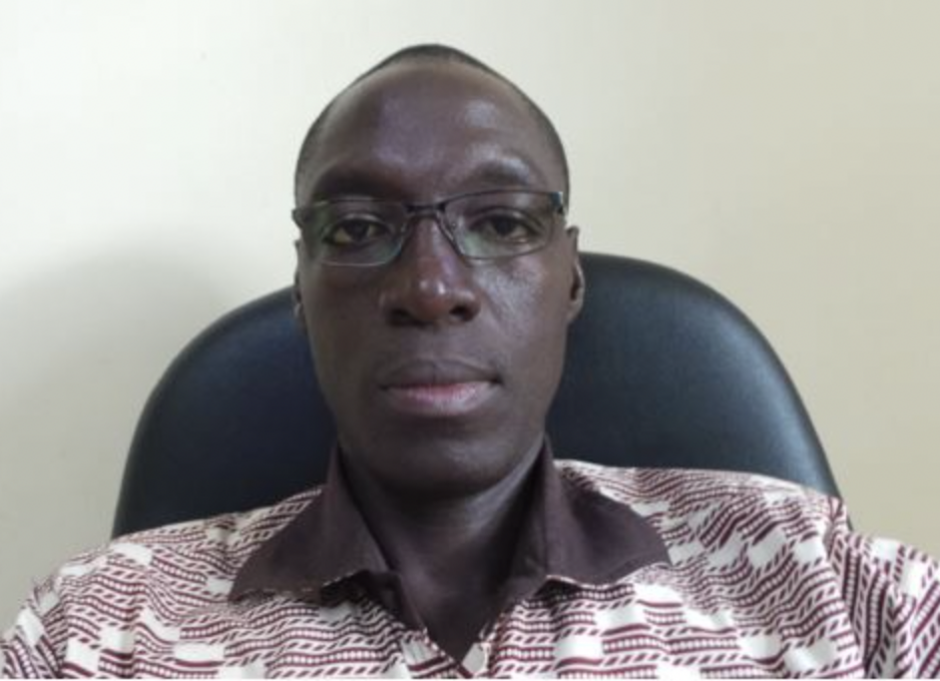
Drissa Cissé
Dr. Drissa Cissé (ULiège-Belgium, UNB-Burkina Faso; starting date: June 2022), is involved in the BIOPROTECHSOL project (biochar as a residue recycler to cycle nutrients in soils in Burkina Faso, ARES-Belgium funded) studying the effects of co-composted biochar on soil properties and agronomic efficiency in cotton-maize crop rotation cropped on highly weathered soils (Lixisol)
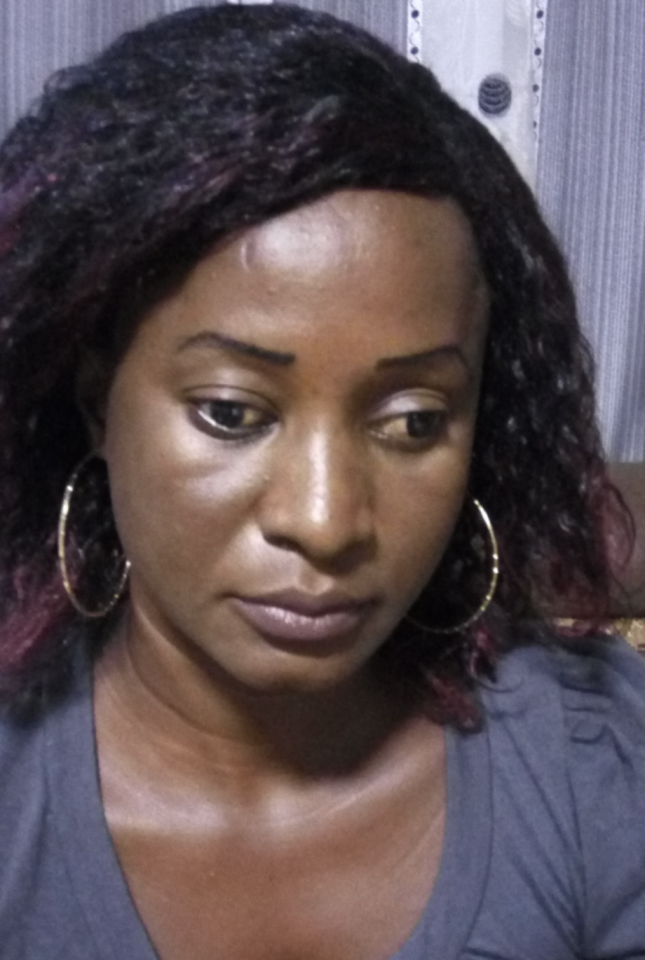
Fatimata Saba
Fatimata Saba (ULiège-Belgium, UNB-Burkina Faso; starting date: April 2017), is involved in the BIOPROTECHSOL (biochar as a residue recycler to cycle nutrients in soils in Burkina Faso, ARES-Belgium funded). She studies the biochar ability to be used as a slow-release fertilizer after being activated with fertilizer and urea. The objective is to test the amendment of slow-release fertilizer made from biochar on agronomic efficiency in cotton-maize rotation crops and in association with the zaï technique and sorgho cropping.

Philippe Roux
Dr. Philippe Roux (FNRS fellowship, ULiège-Belgium; ended January 2023), SENSi project (Sensitivity to climate change of soil processes controlling Si cycle). His research interest was focused on the mechanisms controlling the biogeochemical cycling of nutrients, with an emphasis on soil-plant relationships. After a PhD on the cycling of boron, an essential micronutrient, in a forest ecosystem, he started working on the sensitivity of the silicon cycle to changing climatic conditions. His research projects include the use of high-end tools and analytical techniques such as stable isotope geochemistry (boron), Vertical Scanning Interferometry (VSi) and Ecotron chambers in order to finely characterize the processes affecting the functioning and evolution of our ecosystems.
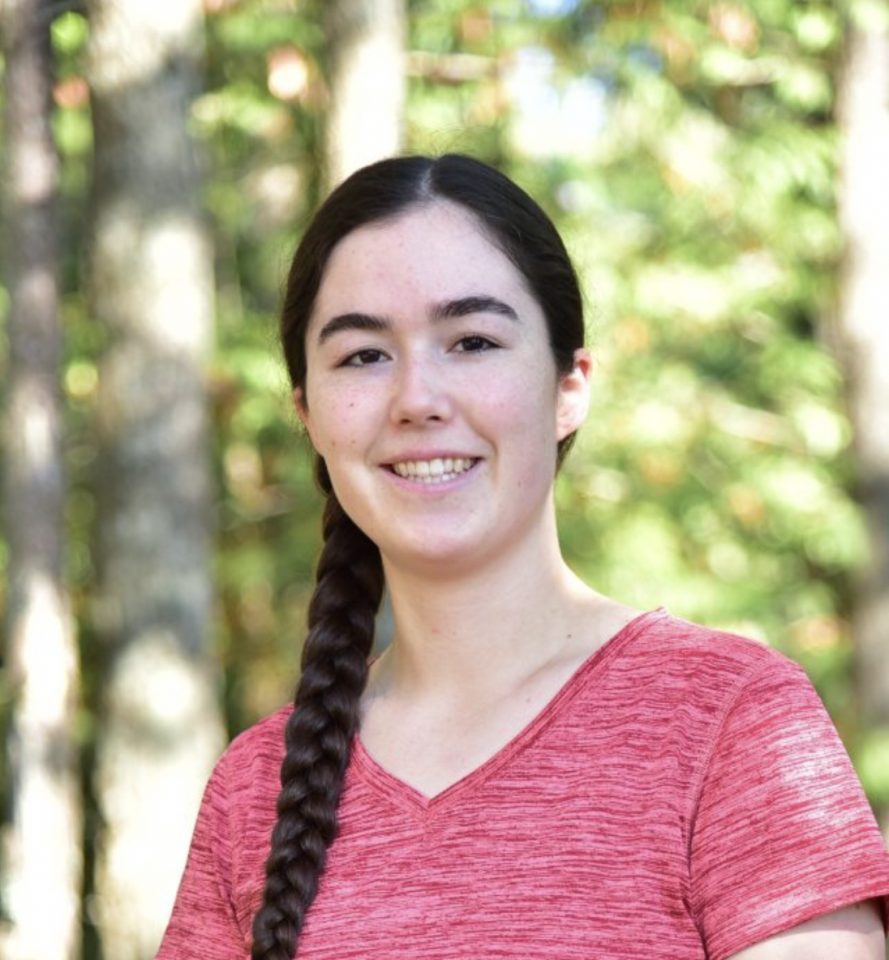
Hazel Barthel
Hazel Barthel is a fourth-year undergraduate student at the University of British Columbia. She is majoring in Environmental Sciences with a focus on sustainability science and ecology and conservation. Hazel is also working towards a minor in Geographic Information Science and Geographical Computation. She joined the SoilRes³ lab in 2021 as a WorkLearn student to work on the Forest2Farm project.
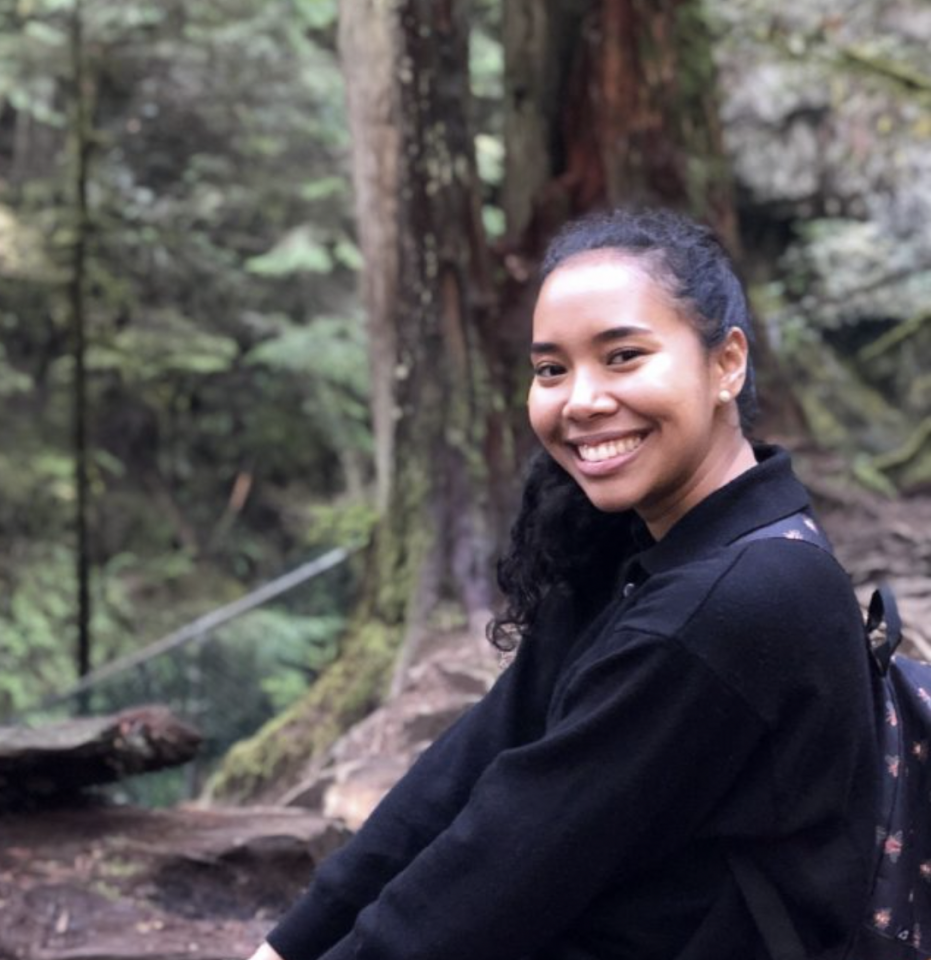
Naomi Mengistu-Zelleke
Naomi Mengistu-Zelleke is a fifth-year Environmental Science student at the University of British Columbia. She has recently completed the co-op program where she furthered her passion for agriculture. Naomi worked in research programs for weed science and cereal breeding with Agriculture and Agri-Food Canada (AAFC) where she gained experience in both GIS and field work. She joined the SoilRes3 Lab in 20212 as a Worklearn student to work on the Forest2Farm project
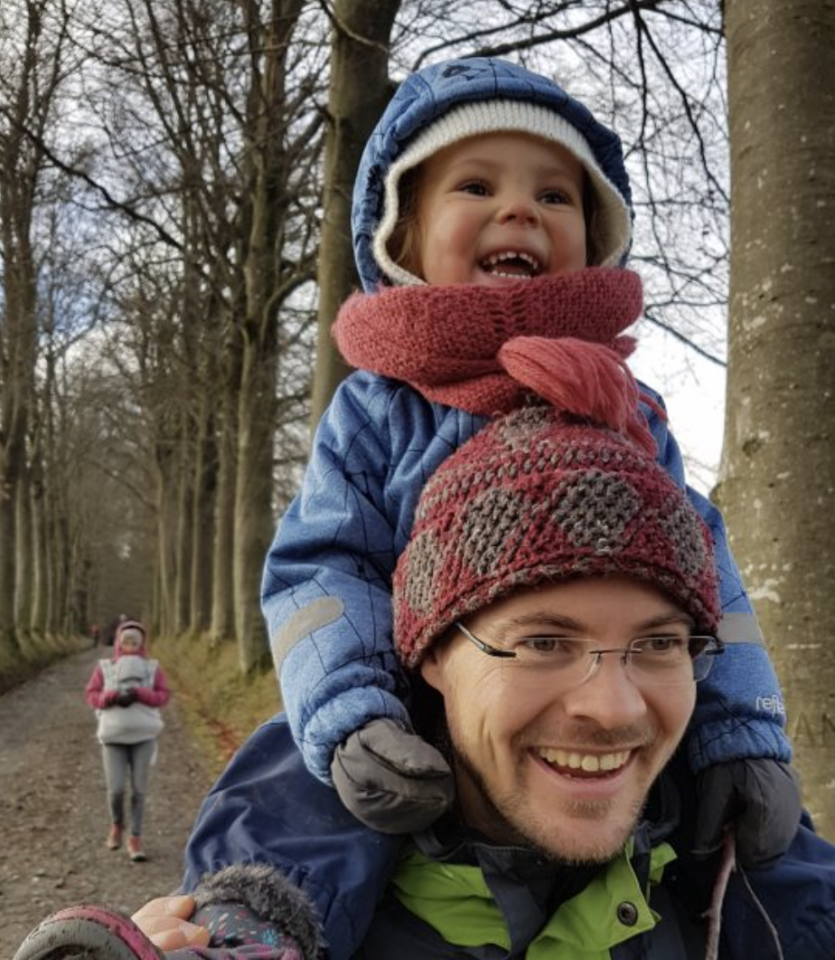
Brieuc Hardy
Dr. Brieuc Hardy I graduated from UCLouvain (Belgium) in 2011 as a bioengineer in soil and water resource management. I have worked at UCLouvain as a teaching assistant in soil science and pedology from 2011 to 2017. I obtained my Ph.D thesis in march 2017 for research on the long-term (> 150 years) effects of charcoal on soil properties, to assess the long term fate of biochar in soil. Since 2018, I work as a senior researcher in soil science at the Walloon Agricultural Research Center (CRA-W) in Belgium. I lead several projects dealing with soil fertility, in relationship with farming practices, crop performance and ecosystem services provided by soils.
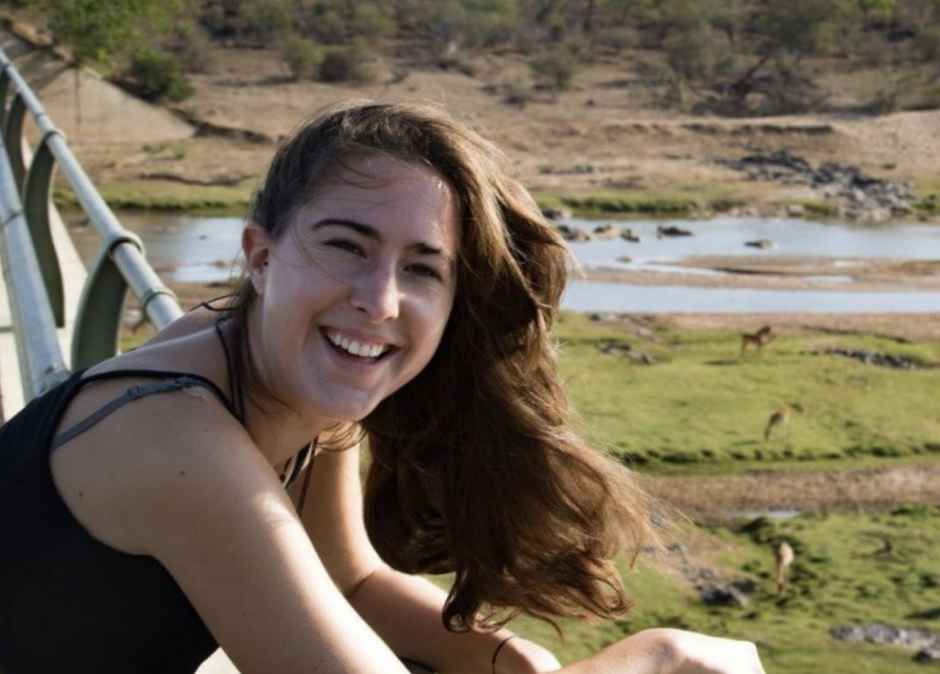
Marie-Liesse Vermeire
Dr. Marie-Liesse Vermeire (PhD, UCLouvain-Belgium). Marie-Liesse Vermeire is now a post-doctoral fellow at the IRD (Research Institute for Development). She received her doctorate in soil sciences and biogeochemistry from UCL (Catholic University of Louvain). Her research focuses on studying the complex interactions between soil physicochemistry, soil food web (plants and soil biota), and the resulting ecosystem services under agroecological practices.
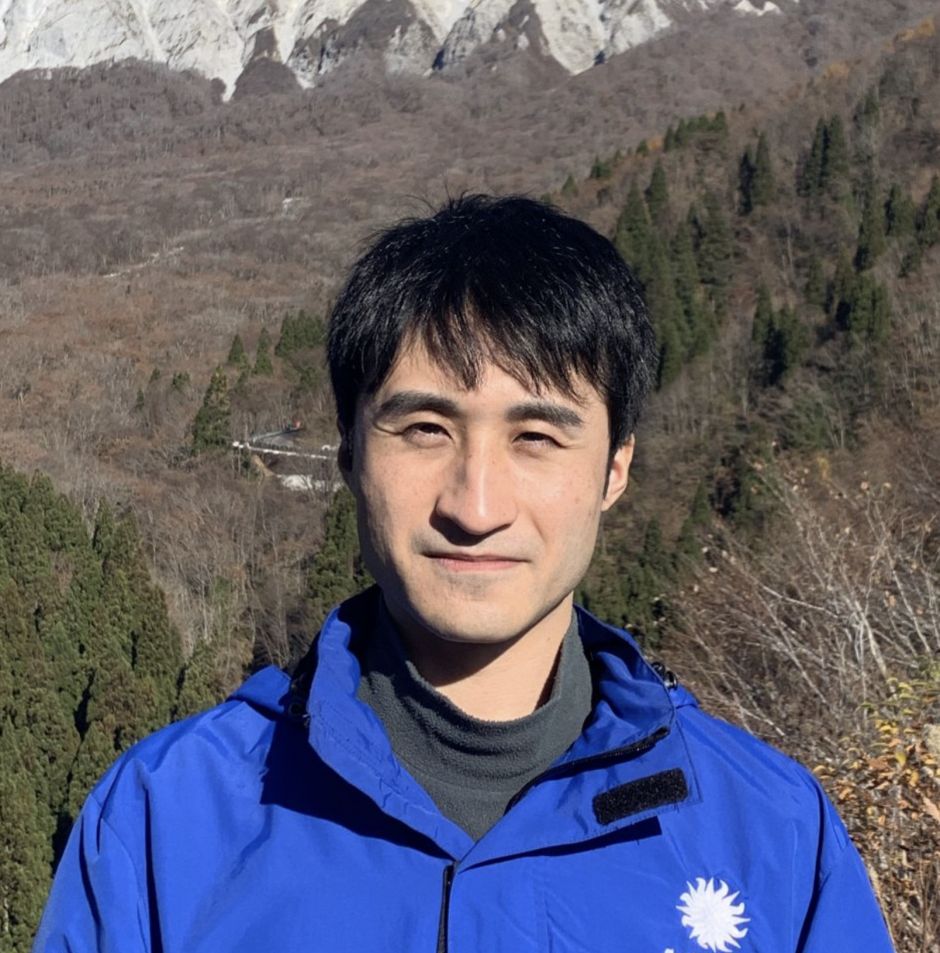
Nakamura Ryosuke
Dr. Nakamura Ryosuke, visiting scholar at Gembloux Agro-Bio Tech (ULiège), in 2017-2018. He studies forest ecology, biogeochemistry and soil sciences. He joined the faculty of the Southeast Asian Area studies at Kyoto University in 2021, after earning a PhD in forest sciences at Kyoto University in 2020. His research combines extensive field studies with detailed chemical analyses in a lab to reveal novel aspects of plant-soil interactions. Current research interests include understanding mechanisms of silicon cycling via plants, litter decomposition and plant ecological strategies primarily in tropical and temperate ecosystems underlaid by a variety of rocks (serpentine rock, limestone and others). He loves to work on a variety of topics and look forward to working with anyone interested in new research collaboration.
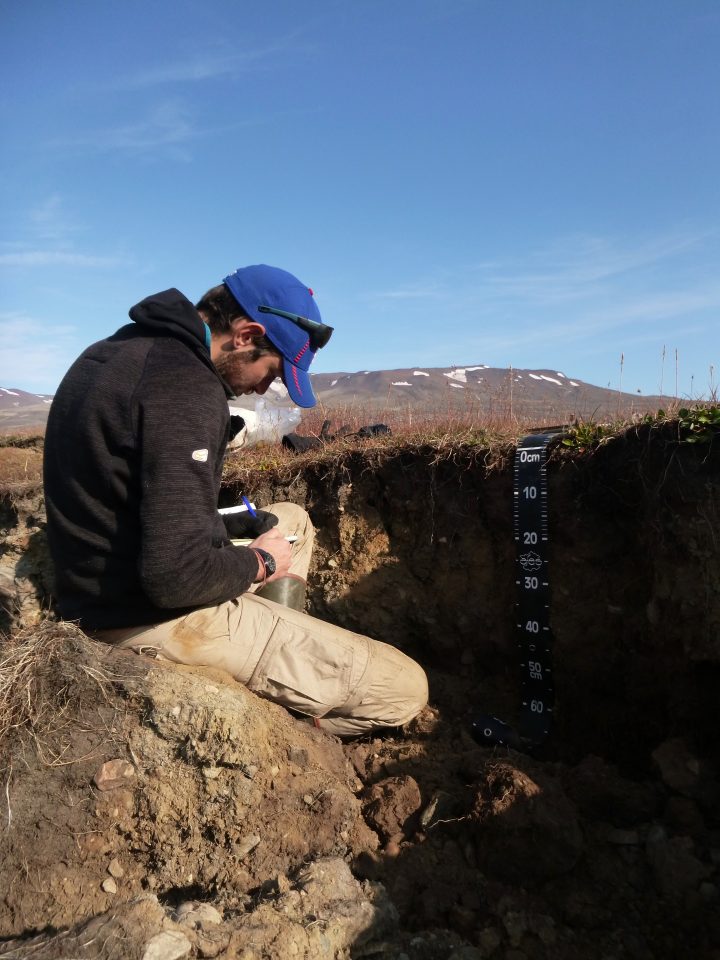
Julien Fouché
Dr. Julien Fouché is now Assistant Professor in the LISAH (Soil-Agrosystem-Hydrosystem interaction Lab) and Institute Agro, Montpellier. He obtained his jointly supervised PhD at CEREGE, Aix Marseille University (France) and Laval University in Quebec (Canada) in March 2014. Then, he worked for Queen’s University (Ontario, Canada) and Gembloux Agro-Bio tech, ULiège (ARC-CHAR project, Belgium) as a postdoc. His research focuses on carbon and nitrogen cycles in both natural ecosystems (permafrost landscapes) and agrosystems (annual and perennial crops) from soils to rivers. As a soil scientist, he aims to better understand the impact of anthropogenic pressures and agricultural practices on the balance between stabilization and release of carbon and nutrient in the critical zone, with a particular interest on organo-mineral interactions and dissolved organic matter dynamics.
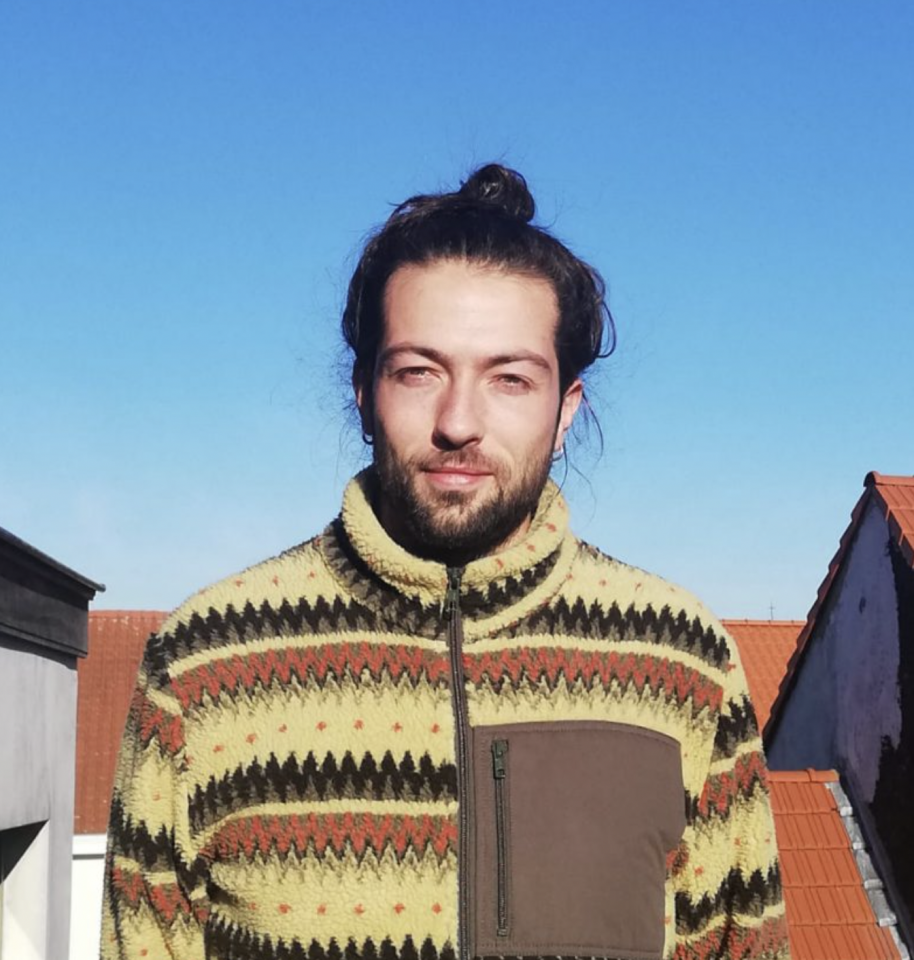
Félix de Tombeur
Dr. Félix de Tombeur was Teaching Assistant and PhD student at the University of Liege (Belgium). He combined expertise in soil science and plant ecology and the use of soil chronosequences to better understand soil-plant silicon dynamics during long-term ecosystem development (Sicling project funded by FNRS at Gembloux Agro-Bio Tech-ULiège) From 2022, he starts a Marie Skłodowska-Curie Actions to pursue his research at the University of Western Australia and at the Centre d’Ecologie Fonctionnelle et Evolutive (CNRS, France).
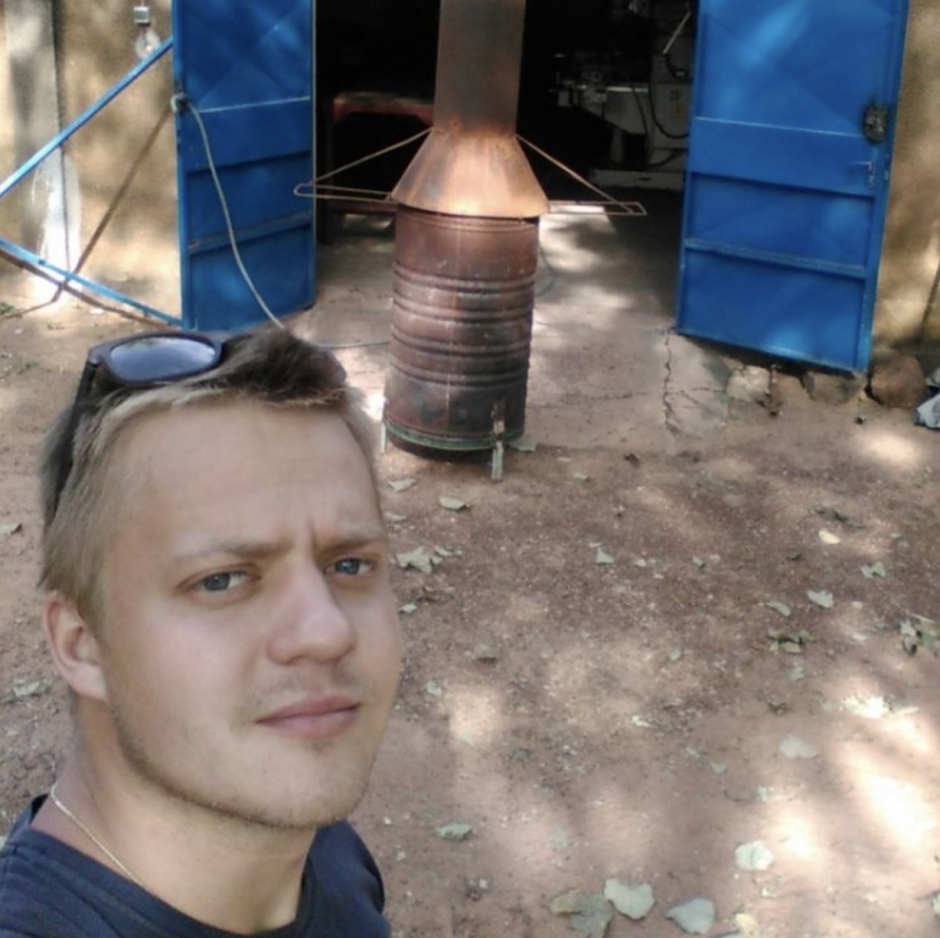
Victor Burgeon
Dr. Victor Burgeon (ULiège-Belgium), CHAR (Century-old CHARcoal kiln sites as an experimental site for assessing long-term biochar effects on agronomical and environmental performance of agricultural soils, ARC-ULiège funded). His research focused on the effect of century-old charcoal on soil chemistry and nutrient cycling in soil-plant systems in Wallonia, Belgium.
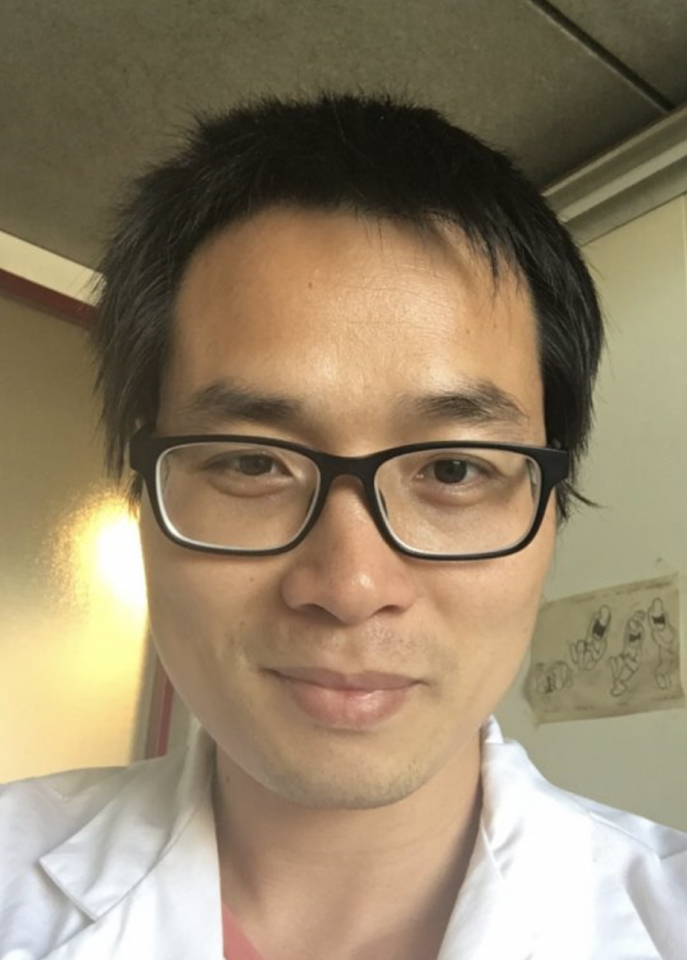
Zimin Li
Dr. Zimin Li (PhD, UCLouvain-Belgium) is now a FNRS Post-doctoral fellowship at UCLouvain. His research focuses the cycle of silicon in the soil-plant systems, biogeochemical cycles and soil process in agrosystems, referring to four interactive thematics: (1) the impact of phytogenic silica (phytoliths) on coupling of silicon and carbon cycles; (2) the quantitative assessment of phytoliths and plant available silicon; (3) the impact of biochar supply on the silicon transfer from soil to plant; (4) the role of soil properties in the bioavailability of silicon and further transfer from soil to plant.
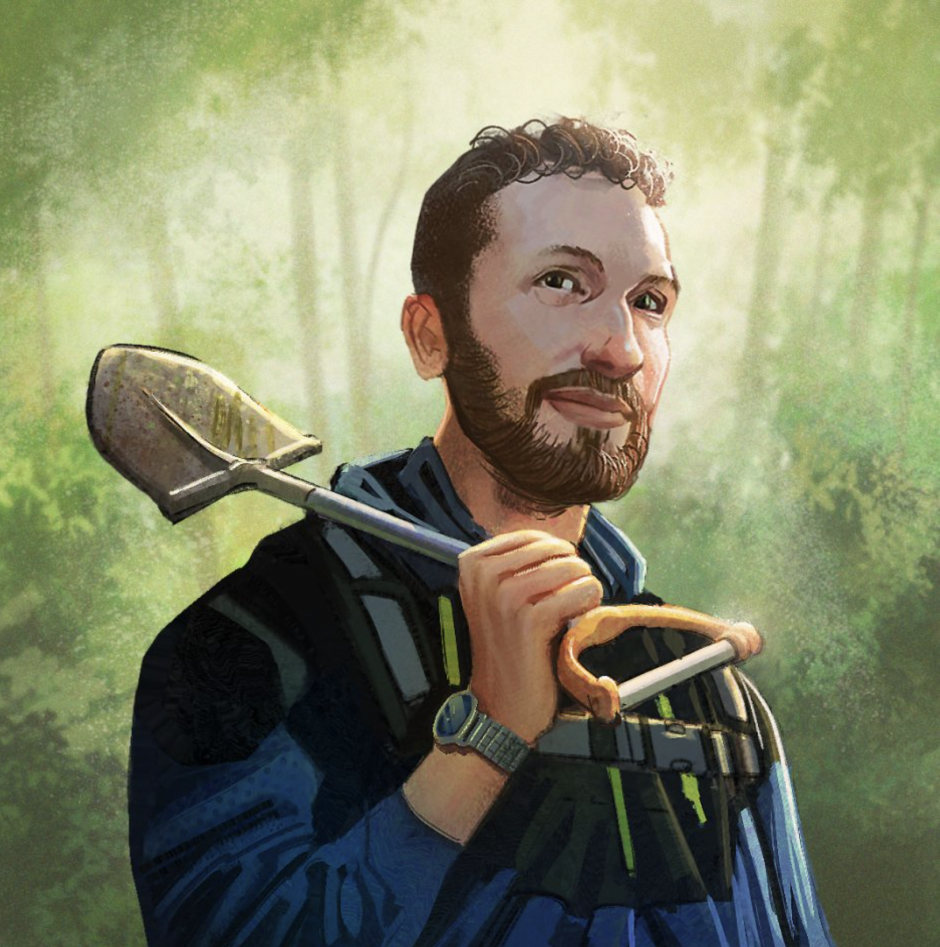
Giovanni Mastrolonardo
Dr. Giovanni Mastrolonardo is now a research fellow working at University of Florence. He obtained his jointly supervised PhD at University of Florence (Italy) and University of Paris VI (France) in April 2013. He worked for the Italian National research council and at the University of Bologna. He obtained an international post-doc fellowship founded by the BeIPD Marie Curie COFUND (FP7) programme at Gembloux Agro-Bio tech, ULiège-Belgium. As soil scientist, he focus his study on soil organic matter dynamics and land degradation, with a particular interest on pyrogenic organic carbon (charcoal, fire-affected organic matter) He is currently working on several topic, among others: study of the physical-chemical properties of the soil as impacted by charcoal addition; fire effects on soil properties; the impact of land use change and forest machinery on soil properties.
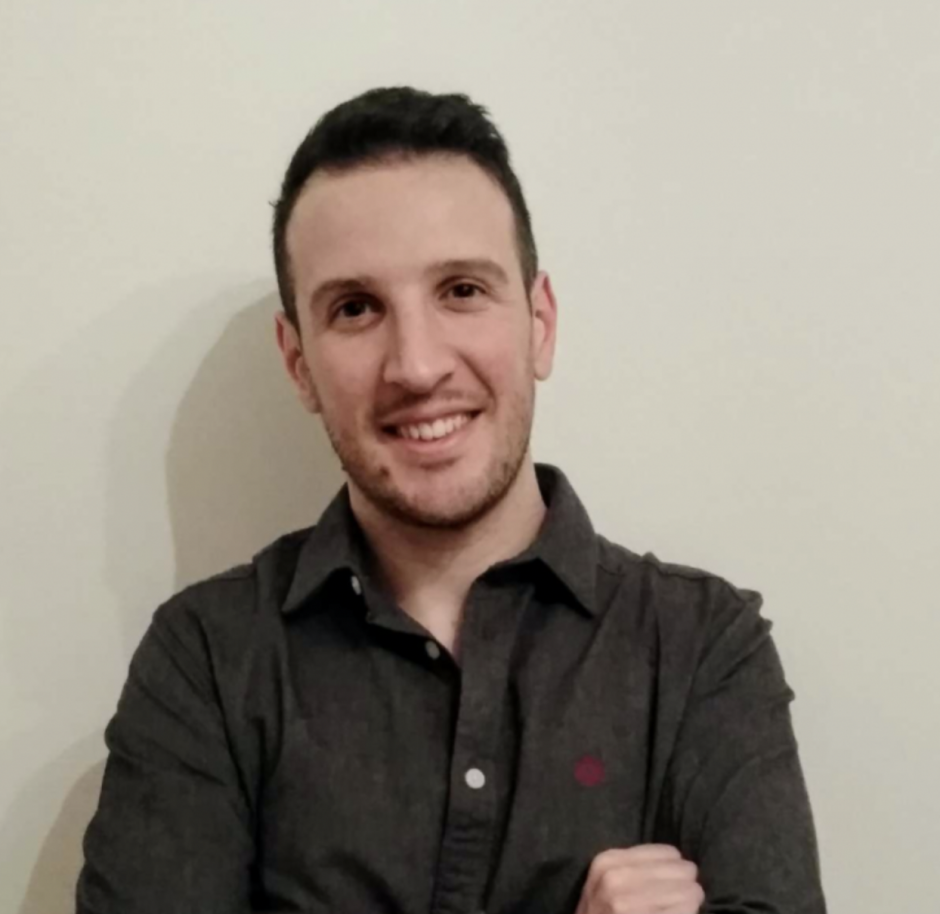
Roberto Berni
Dr. Roberto Berni is passionated by plants. After a BSc and MSc degree in plant molecular biology at the University of Siena (Italy) he became interested in the study of plant bioactive molecules as health-promoting compounds. Hence, he started a PhD research at the University of Siena with the aim of investigating Italian cherry varieties using –omics and valorising them from a nutraceutical point of view. He then started a post-doctoral position in the SENSI project at Gembloux Agro-Bio Tech (ULiège). His current research activities are focused on the study of plants’ response to climate change and on the protective role of the quasi-essential metalloid silicon, through the use of molecular approaches. More specifically, he applies transcriptomics to decipher the plant-induced biological mechanisms in response to abiotic stresses and probably also involved in soil bio-weathering